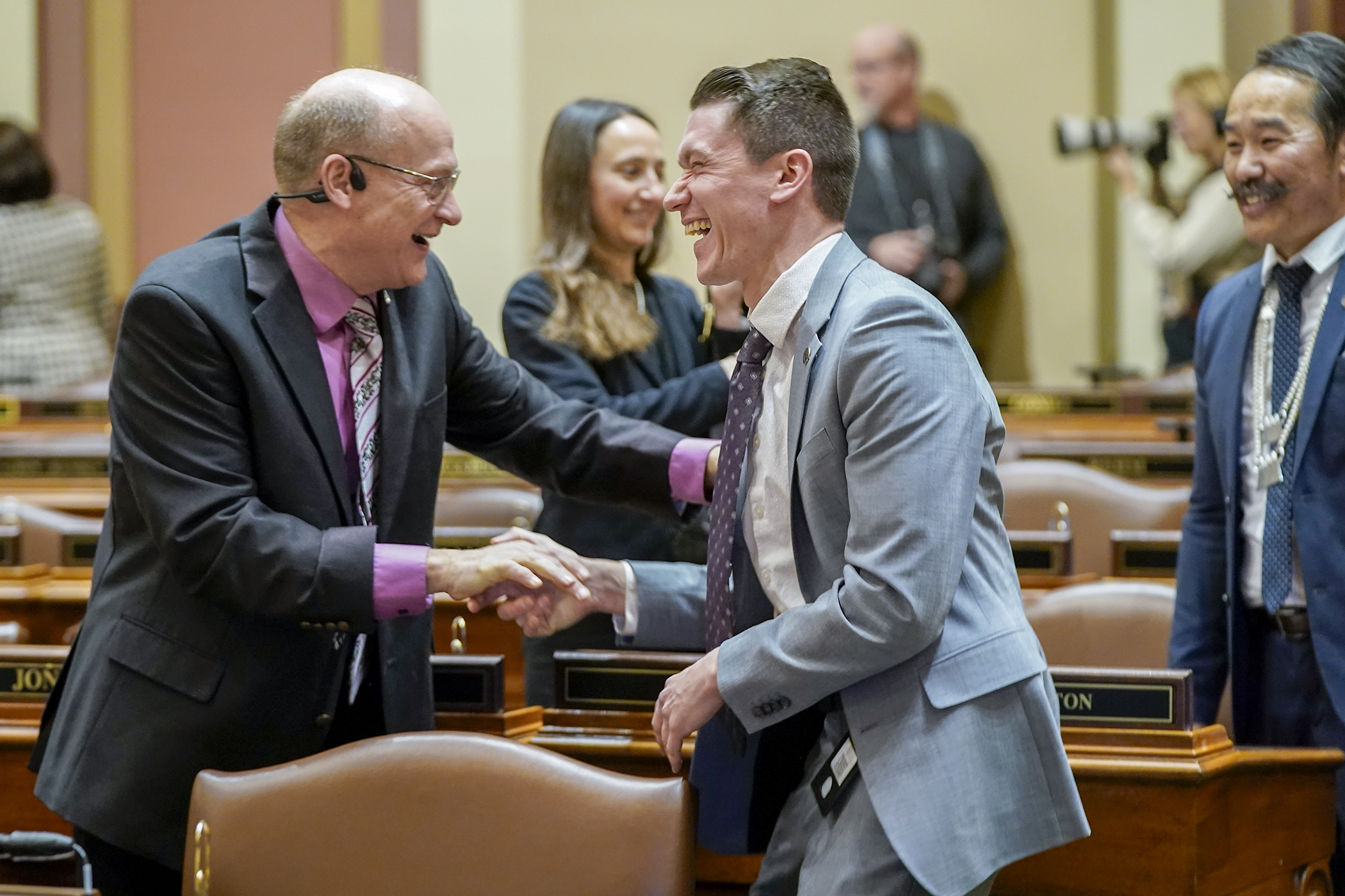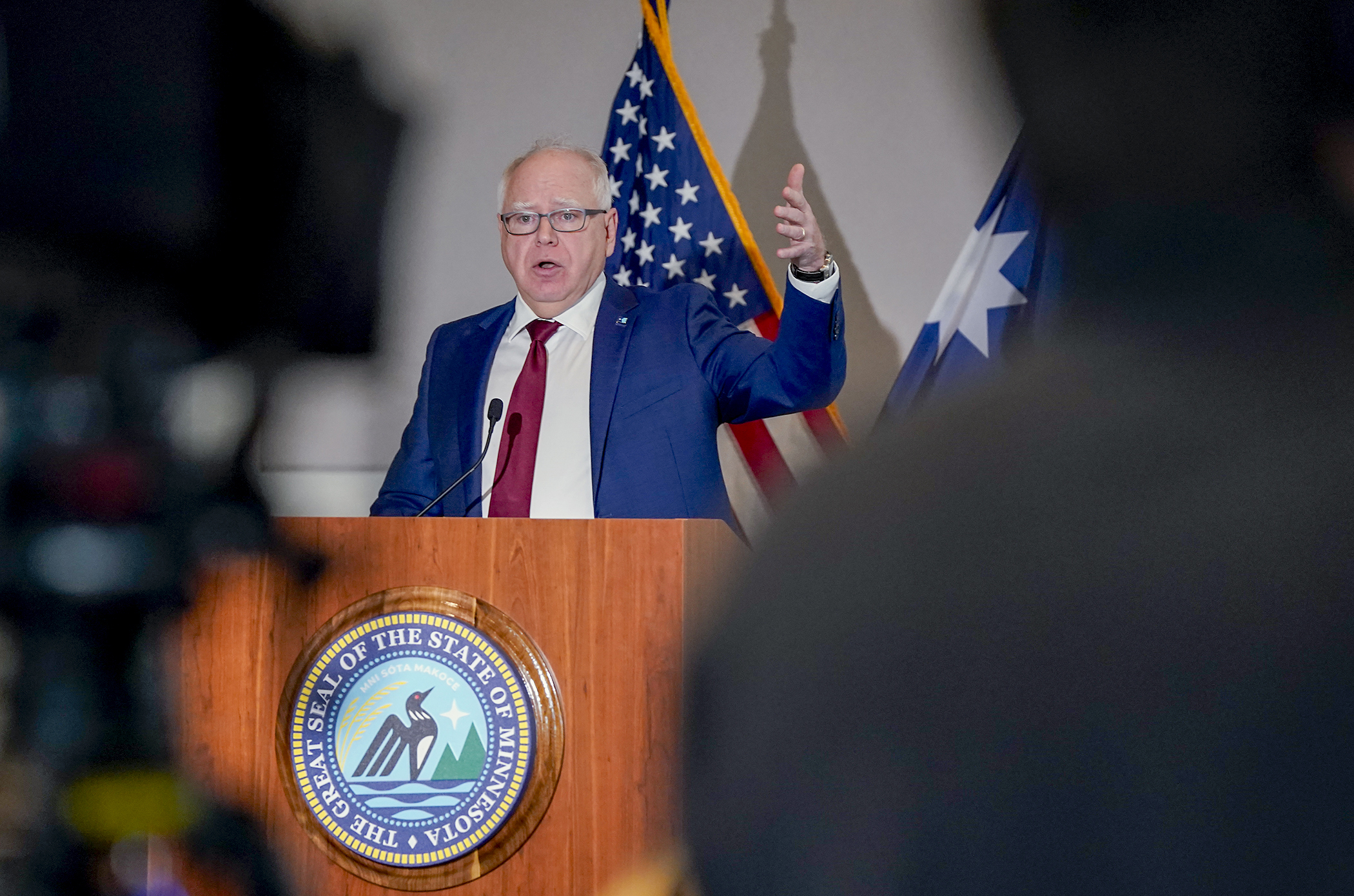Renting out your cabin? Your taxes may go down
Say you own a cabin somewhere in rural Minnesota. Perhaps you see some gaps in the calendar when it will sit empty. So you decide to rent it out to vacationers for short periods. Does that make your cabin a business?
It seems to depend upon which county tax assessor you ask. The Revenue Department offered some guidance on the subject last year that led some county assessors to classify any cabin rented out to be commercial property. According to Rep. Rob Ecklund (DFL-International Falls), that doubled the property taxes of many cabin owners.
So Ecklund is sponsoring HF3826 – replaced with a DE1 amendment – that would move many of those cabins from the commercial tax classification to a new one called “residential non-homestead.” The classification would apply to properties rented for more than 14 days in the previous year, but never for more than 30 consecutive days.
It would apply to properties of less than four units and would tax them at a rate of 1.25%. They would be subject to referendum market value taxes – think school district funding levies – but not pay into the state’s General Fund like commercial/industrial property or seasonal recreational residences.
The bill was laid over Monday by the House Property and Local Tax Division for possible inclusion in a larger local tax bill. Its companion, SF3931, sponsored by Sen. Tom Bakk (DFL-Cook), awaits action by the Senate Taxes Committee.
Cook County is among Minnesota’s most popular vacation destinations with over 75 miles of Lake Superior shoreline and many entry points for the Boundary Waters Canoe Area Wilderness.
Jim Boyd, executive director of the Cook County Chamber of Commerce, spoke in favor of the bill.
“Tourism is our economy,” he said, “and we’ve done our best to make it a year-round industry. Because of COVID-19, 82% of the county is not working. We’ve lost 30% of our jobs.”
Boyd said short-term rentals account for half of the available lodging in Cook County, and emphasized that taxing residential properties at the commercial rate would inspire owners to quit renting, sell or raise rates — thus making travel less affordable for Minnesotans — and hurt local businesses.
“It’s fair to ask cabin and condo owners to pay a little more in property taxes if they receive rental income,” he said. “But we shouldn’t tax them as if they were full-time businesses, especially when local tourist communities face so much economic uncertainty.”
Rep. Joe McDonald (R-Delano) asked Boyd about conflicting views he’s heard expressed by northern Minnesota residents about whether it’s desirable to have visitors during the pandemic.
Boyd replied: “Most experts believe that once restrictions on travel are lifted, it will be ‘Katy, bar the door.’ We’ll be overrun. … But, that said, the Department of Health folks seem to know what they’re doing, so we’re going to abide by their direction.”
Counties could gain flexibility in distributing property tax funds
The division also laid over HF4371, a bill sponsored by Rep. Paul Marquart (DFL-Dilworth) that would provide counties more flexibility in allocating property tax payments to such local jurisdictions as city governments and school districts.
Facing the possibility that some businesses will be late with their property tax payments (due May 15) because of the effects of the COVID-19 pandemic, the bill would allow counties to choose a second settlement date for first-half payments made after the May deadline. The change would apply only to property taxes paid in 2020.
Under the bill, county boards would have the option to set a date when county treasurers would need to distribute late first-half payments to local taxing jurisdictions. Distribution of the state general tax would also be determined on the same date and transmitted by counties to the state as soon as practical.
The bill has no Senate companion.
Rep. Jerry Hertaus (R-Greenfield) spoke in favor of the bill, but cautioned it should not be mistaken for an extension of the May 15 deadline for filing business property taxes.
“It merely addresses when the deadlines are for distribution. … It would be a very dire consequence if counties prior to May 15 said that they would defer. That would invite everyone to pay late. This is for those who fall outside the safety nets offered.”
Related Articles
Search Session Daily
Advanced Search OptionsPriority Dailies
Full House convenes for first time in 2025, elects Demuth speaker
By Tim Walker DFL, Republicans convene with a quorum for the first time in 2025 session after agreeing to a power-sharing deal.
DFL, Republicans convene with a quorum for the first time in 2025 session after agreeing to a power-sharing deal.
Walz proposes slimmed-down 2026-27 state budget, sales tax changes
By Tim Walker This is an odd-numbered year, and so the Legislature is constitutionally required to craft a budget to fund the state government for the next two fiscal years.
Gov. Tim Walz...
This is an odd-numbered year, and so the Legislature is constitutionally required to craft a budget to fund the state government for the next two fiscal years.
Gov. Tim Walz...